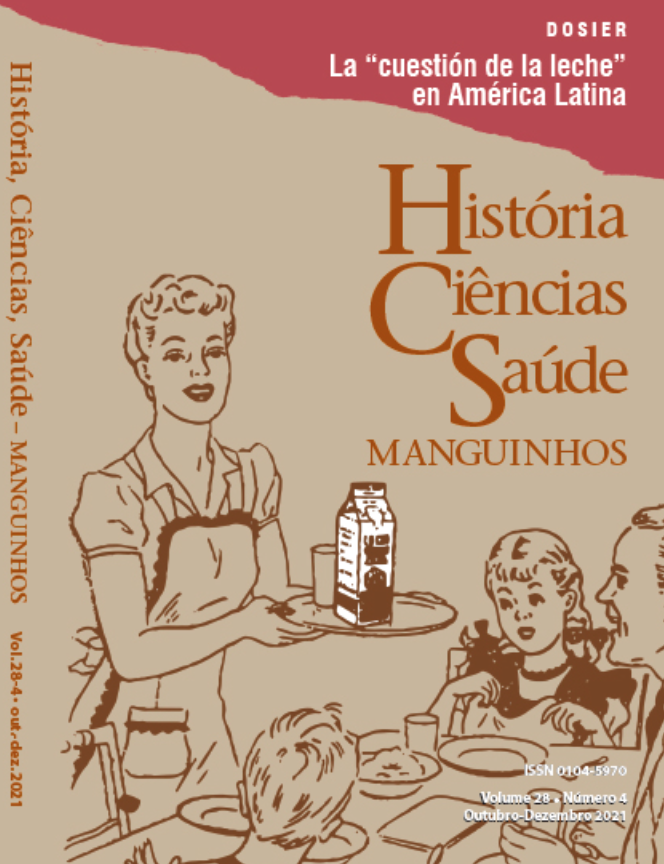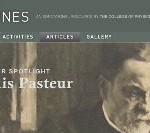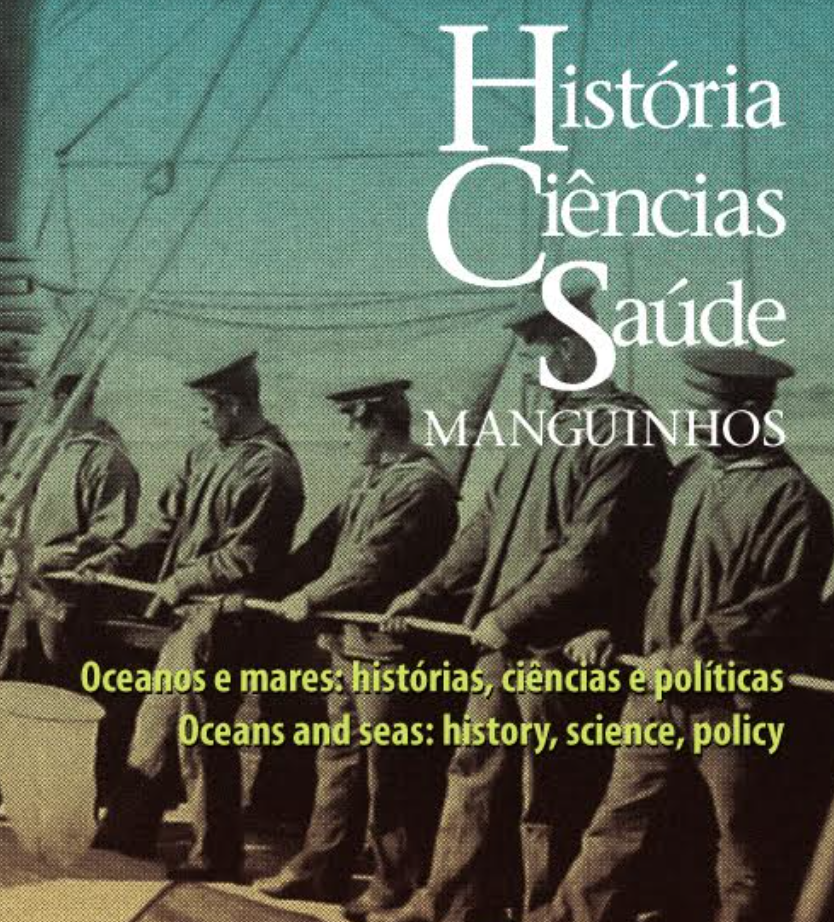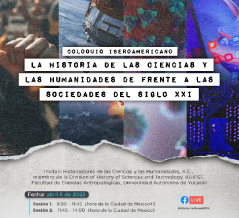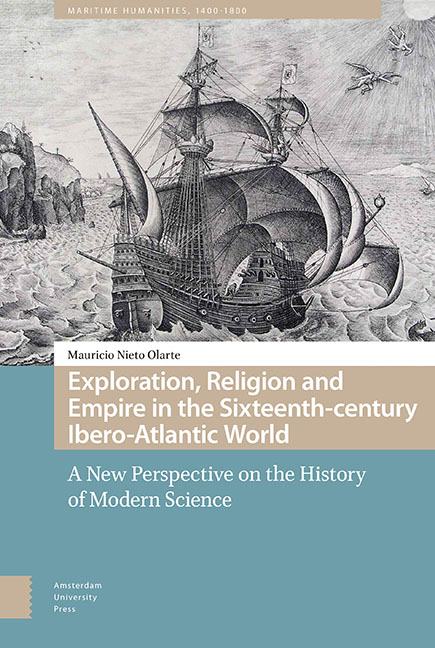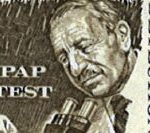Interview with VANDERLEI SEBASTIÃO DE SOUZA
By Marina Lemle

In the early twentieth century, when many were blaming Brazil’s economic and social backwardness on its racial miscegenation and were also pushing for the increased immigration of European whites to “regenerate” the Brazilian people, Edgard Roquette-Pinto swam against the tide, rebuffing the notion that the Brazilian people were “inferior” and valorizing the country’s mestizo biology instead. In his opinion, progress depended on education, science, and attention to public health.
Roquette-Pinto’s “racial portrait” of Brazil and his defense of the viability of Brazil as a miscegenated country form the focus of Vanderlei Sebastião de Souza’s doctoral dissertation, which won the Third Dissertation Prize bestowed by the National History Association (Anpuh) Brazil/2012, which encompasses dissertations defended in 2010 and 2011. The prize will be awarded on July 22, 2013, in Natal, at the opening of the 27th National History Symposium. Souza’s dissertation will be released in book form by the presses of the Getulio Vargas Foundation (FGV) and the Federal University of Rio Grande do Norte (UFRN), with the support of Anpuh.
Vanderlei Sebastião de Souza, who is currently professor of history at the StateUniversity of the Central-West (Universidade Estadual do Centro-Oeste), in the state of Paraná, is an alumnus of the Casa de Oswaldo Cruz’s Graduate Program in the History of Science and Health/Fiocruz, where his advisor was Prof. Robert Wegner. In this interview to the HCSM blog, Souza explains how Roquette-Pinto’s anthropology was important in challenging a brand of racism that posed as scientific.
Your doctoral dissertation explores the anthropological research that Edgard Roquette-Pinto conducted during his time at the National Museum in Rio de Janeiro, which painted a broad portrait of the “anthropological types” of the Brazilian. Could you talk a little about the racial portrait of Brazil produced by Roquette-Pinto?
Without a doubt, this effort to learn more about Brazil and to describe the characteristics of its population was inarguably the steadfast motivation behind Roquette-Pinto’s anthropological studies. For the vast majority of Brazilian intellectuals in the early twentieth century, contemplating Brazilian reality and interpreting it, diagnosing it, and devising social reform projects was what lent meaning to their intellectual production. Within this context, the race question stood as one of the main issues when it came to envisioning the construction of a nation and of a national identity, topics that were of great concern to Brazilians at that time. For Roquette-Pinto, this search for Brazil demanded, first and foremost, the development of an anthropological portrait that would depict the physical, psychological, and social features of the Brazilian people. From the late 1910s through the early 1930s, this anthropologist led a team of researchers at the NationalMuseum that collaborated in this research; their findings negated racial theories that condemned the Brazilian population because of its mestizo, indigene, and African roots.
In my dissertation, I argue that Roquette-Pinto used the resulting portrait of Brazil to show precisely that, from the perspective of his anthropological training, racial miscegenation produced neither an “inferior” nor a “degenerate” population, contrary to what many had been claiming since the nineteenth century. Roquette-Pinto believed that Brazil’s “national problems” had nothing to do with race or racial miscegenation but with matters of a political and social nature. As I try to show in my dissertation, Roquette-Pinto used physical anthropology and his racial portrait of Brazil as political tools in his advocacy of a reform project for the country based on education, science, and attention to public health. Although his research contains some paradoxes – like a belief in the inequality of the psychological traits displayed by different “anthropological types” – his argument centered on underscoring Brazil’s viability as a mestizo nation.
In the opinion of sociologist Gilberto Freyre, Roquette-Pinto was an “illustrious master” of anthropology in Brazil, who helped conceptualize racial miscegenation in positive terms. How did this anthropology actually differ from the other racial concepts of his era?
When I began doing my doctoral research, one of the things that really fueled my interest was my need to understand how Roquette-Pinto had built an anti-racist model of anthropology based on fields of science like physical anthropology and eugenics, which had, after all, grown out of the debate on heavily deterministic racial theories. In the early twentieth century, as historiography has frequently shown, scientists from the area of the natural sciences often affirmed that humanity was divided into “inferior” and “superior” races and that racial miscegenation was the main culprit behind people’s physical and mental degeneration.
Even in Brazil, a country with a huge number of blacks, indigenes, and mestizos, there were a good number of intellectuals, scientists, educators, and political activists who felt that racial miscegenation was primarily to blame for the country’s economic, social, and civilizational backwardness. In the opinion of these thinkers, Brazil’s major challenge was to replace its mestizos with new white immigrants from Europe, which would lead to the “whitening” and regeneration of the population and consequently to progress for the nation. In my master’s thesis, I researched one of these intellectuals, the physician and eugenicist Renato Kehl, whose scientific conceptions and projects for social reform were based on theories derived from scientific racism.
What happened was that other scientists were also contesting many of these racial theories in the early twentieth century. This was the case with a group of German anthropologists who were trained in a more progressive, humanist tradition. It was this school of anthropology that produced, for example, Franz Boas, the German who developed one of the most trenchant critiques of scientific racism. In Brazil, other intellectuals also refuted fatalist arguments about the country’s racial formation, as we can see in the work of Alberto Torres and Manoel Bomfim, or even of Euclides da Cunha, who viewed the mestizo from Northeast Brazil as the main element of Brazilian nationality. The same can be said about the generation of physicians and sanitarians who, starting in the 1910s, began identifying the diseases, lack of sanitation, and state of abandonment to which people in the interior had been relegated as the main culprits behind the so-called problems of Brazil, and this meant that race was no longer the central question.
In my dissertation, I try to show that Roquette-Pinto’s anthropology was the result both of a dialogue with this generation of Brazilian intellectuals and of the model of a more liberal, humanist anthropology that had emerged in Europe at the turn of the nineteenth to the twentieth centuries. One of the arguments I defend in my dissertation is that Roquette-Pinto’s work and political projects become more understandable when we analyze the international debate on science, race, and nation in which the Brazilian anthropologist was involved.
How was Roquette-Pinto’s research received at a time when eugenic ideas were gaining ground, especially in the 1930s?
In my opinion, the most emblematic example of how Roquette-Pinto’s anthropology was received in the early decades of the twentieth century is Gilberto Freyre’s reference to the anthropologist in the preface to The Masters and the Slaves, published in 1933. Freyre not only points to the role that Franz Boas played through his differentiation between race and culture admits that Roquette-Pinto’s anthropology was essential to altering his perception of the meaning of racial miscegenation in the formation of Brazil, a topic that had been of such concern to Freyre during his youth. In this reference, Freyre highlights Roquette-Pinto’s stance during the First Brazilian Congress on Eugenics, held in 1929, when he stood up against the “Aryanists” in attendance at the event and stated that the problem of Brazil was not miscegenation but the diseases that afflicted mestizos, alongside their lack of education.
Roquette-Pinto was a critic of the most radical eugenicist perspectives, such as those espoused by Renato Kehl and the group of intellectuals who defended harsher measures, like eugenic sterilization, marriage restrictions, immigrant selection, and racial segregation. Although Roquette-Pinto also shared the belief that science could be used to refine human biological traits, he defended the idea that racial miscegenation did not produce “inferior” or “incapable” individuals, to use the terms of his day.
This is why I think the model of anthropology advocated by Roquette-Pinto opened the door to deeper reflection on the racial theories that had been propagated in Brazil since the late nineteenth century. His arguments inarguably influenced interpretations of Brazil and debates about eugenics, immigration, and the formation of the Brazilian population. In the early 1930s, the anthropologist’s defense of Brazil’s mestizo identity gained even firmer footing with the emergence of the sociology of Gilberto Freyre and Arthur Ramos. Together, these two authors had a profound impact on Brazilian thought, and to some extent they cooled the racist enthusiasm that was spreading through sectors of Brazilian society. Let’s not forget that as early as the beginning of the 1930s, under the leadership of Freyre, Roquette-Pinto, and Arthur Ramos, a group of intellectuals released the “Manifesto dos intelectuais brasileiros contra o preconceito racial” (Manifesto of Brazilian intellectuals against racial prejudice), which reaffirmed that the scientific racism from which eugenics drew its inspiration, for example, had no basis in anthropology.
How can your research – which has now won this award – contribute to more contemporary discussions on race and race relations in Brazil, including the debate on racial quotas and other policies?
It’s hard to tell how people are going to read my dissertation and relate it to this more contemporary debate. What certainly led me to study the race question in Brazil in the early twentieth century – a topic I’ve dedicated myself to since my master’s – was my concern over the fact that this topic remains with us today. Looking specifically at the discussion of racial quotas, I think my dissertation can help reaffirm the real danger that lies in the debate about classifying and dividing society using racial criteria. The racialization of Brazilian society that we have witnessed in recent decades must be seen in part as a revival of the anthropological discussions of the early twentieth century – especially when science is brought into play, for example through genetics, which is used to redefine ancestrality, territoriality, and identity. It’s not a question of rejecting racial quota policies – which I personally view as fair and necessary – but we have to reconsider the terms in which the debate is being proposed. The discussion of racial quotas, which has had such an impact in the realm of education, has now moved into other areas, including, for example, health, a sphere where race is also grounded in biological dimensions. In the area of health, we have the potential to undo the mistaken notion that the concept of race itself is an important biological characteristic – an idea that has come under heavy criticism in genetics studies since World War II.
I would like my dissertation to make some kind of contribution to these discussions and to expand our understanding of these topics and of others that are so complex and that have sparked such intense controversies in academe and the media, in political life, and in people’s daily lives. In my view, historical research offers elements that are essential to analyzing just how complex these debates on race, race relations, racism, and the construction of ethnic-racial identities are and how they can only be understood through an interpretation that encompasses different historical processes.
As a historian of science, I’d also like my dissertation to help problematize the role and relations of science and intellectuals within society, whether in the production of knowledge and the development of political projects or in discussions about the ethical boundaries involved in this intervention.






